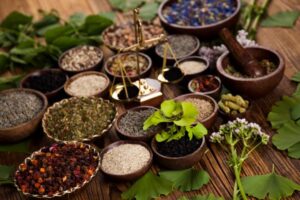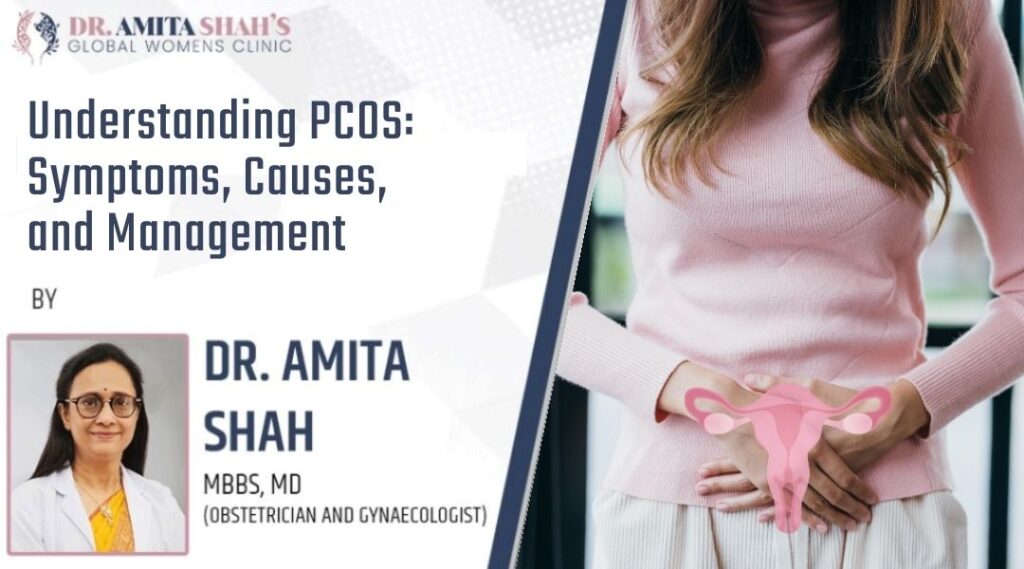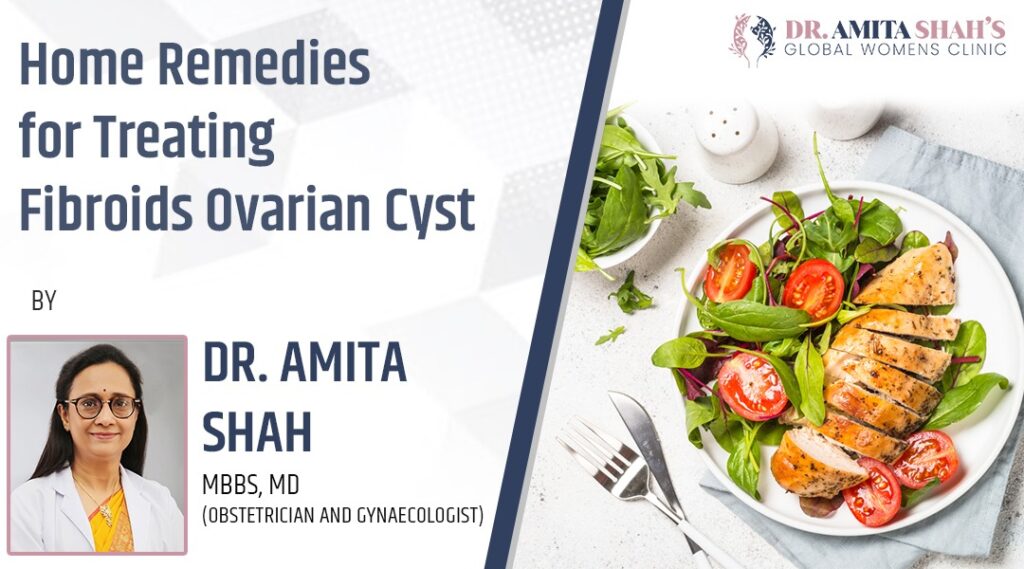What is PCOD or PCOS?
What is the PCOD problem? PCOS is a hormonal and reproductive disorder. It occurs because of certain PCOS causes and hormone imbalances. With PCOS, a woman’s body secretes abnormally high levels of male hormones (androgen), and this counteracts her ovaries’ ability to make enough of the female hormone (progesterone) needed for normal menstruation.
Because of the low level of female hormones, women with PCOS symptoms typically have fewer periods than most women (called oligomenorrhea) and sometimes have no periods at all (called amenorrhea).

Their periods can also be irregular with lengthy bleeding episodes, light or heavy flows, or frequent spotting.
Most but not all women with PCOS disease get small, pea-size cysts on their ovaries. The cysts are caused by follicles (fluid-filled sacs that contain an egg) that have matured in the ovary, but because of the abnormal hormone levels, were never released.
In PCOS, one or both of the ovaries can also become enlarged, sometimes up to 1.5-3 times their normal size.
PCOS / PCOD has the greatest impact on women of childbearing age as it is the number one cause of infertility in women. PCOS / PCOD cannot be cured completely, but PCOD cause and PCOD problem treatment options can manage the condition.
If a woman does not plan to become pregnant, she can take PCOS medicine or birth control pills to regulate her periods, reduce male hormone levels in her blood, and clear her acne.
Besides hormonal medications, the most important is to make certain lifestyle modifications and reduce weight. Besides this, there are certain PCOS natural remedies and PCOD diet chart plans which help with PCOS/PCOD.

Remedies for PCOS/PCOD
- Weight reduction
This is extremely important because once you lose weight, your blood glucose drops, improving your insulin sensitivity which restores your hormonal balance. Go on a low-calorie PCOS diet plan, and improve your physical activity with regular PCOS workout and PCOS exercise.
- Cut down on Carbohydrates
Reducing carbohydrate intake, especially refined carbs like bread, noodles, rice, pastas etc., and increasing good fat and protein will significantly help in reducing fasting sugar and improving metabolic profile. Healthy food like fresh fruits, vegetables, nuts, coconut oil, avocado etc. should be added to a PCOD diet or diet PCOD.
- Adding Anti-inflammatory Foods
Adding anti-inflammatory foods like turmeric, ginger, pomegranate, extra virgin olive oil, onions, and green leafy vegetables helps to cut down inflammation which goes a long way to treating PCOS. problem.
It was seen that such a PCOS diet not only helped in weight loss but also improved their blood pressure, dyslipidaemia, and diabetes. It also significantly improved the symptom of PCOD, menstrual irregularities, and fertility outcomes.

- Fenugreek Seeds
Consumption of fenugreek seeds helps variously if consumed as an additive therapy for a minimum of 8-10 weeks.
The germinated seeds have high antioxidant properties which help to reduce oxidative stress. The seed extract helps to improve glycaemic control and insulin resistance and also helps to improve lipid profile.
- Cumin Seeds
Cumin seeds contain phyto-estrogens which are like estrogens and thus help in PCOS treatment. They are anti-diabetic and have antioxidant properties and thus help to reduce oxidative stress.
- Flax Seeds
Having flax seeds helps to reduce the male sex hormones in your body, thus helping in PCOS cure. The seeds have plenty of fibre and omega-three fatty acids which help to reduce cholesterol and have anti-inflammatory properties.
- Cinnamon
Taking cinnamon extract regularly for 8-10 weeks helps improve insulin sensitivity and moderates blood sugar levels, which in turn improves irregular periods, the commonest PCOS symptoms and treatment approach for PCOS disease.
- Basil
Having basil leaves infused in water helps to bring down testosterone levels, and also helps to lower blood glucose levels, helping to fend off diabetes-related problems in women with PCOS belly issues.
- Ashwagandha
This is an adaptogenic herb and helps the body cope better with stress and manage insulin sensitivity. It also helps to control cholesterol and blood pressure, all of which are associated with PCOS causes.
Amla or Indian Gooseberry
Amla or Indian gooseberry is a potent anti-inflammatory food. It also has a modulatory effect on the body, helping restore hormonal balance. In addition, it may protect the heart and help lower high levels of cholesterol in the blood.
- Green Tea
This rejuvenating beverage could help you if you have PCOS. According to one piece of research, overweight and obese women with PCOS who had 500 mg green tea capsules twice a day for 12 weeks saw a drop in fasting insulin levels as well as levels of free testosterone.

- Sleeping Well and Taking Adequate Rest
Giving your body adequate rest by at least 6-7 hours of sleep is important as it helps you to distress and helps your body to recover. It has been shown to have beneficial effects in lowering insulin resistance and lowering the risk of infertility.
These natural remedies coupled with some lifestyle changes can make a world of difference as your body copes with PCOS.
But whatever your choice of remedy, be sure to consult your doctor before stopping any medication – especially if you are being treated for PCOS-related problems like diabetes, high cholesterol, and high blood pressure or are undergoing fertility treatments.
Diagnosis and Professional Help
To confirm the condition, doctors may recommend a PCOS test or PCOS ultrasound. Consulting PCOS specialists is crucial for proper diagnosis and management of PCOS symptoms and treatment.
These natural remedies coupled with some lifestyle changes can make a world of difference as your body copes with PCOS problem and PCOD problem treatment.
But whatever your choice of remedy, be sure to consult your doctor before stopping any medication – especially if you are being treated for PCOS-related problems like diabetes, high cholesterol, high blood pressure, or are undergoing fertility treatments.
Doctor Profile

Dr Amita Shah is a leading gynaecologist in Gurgaon with vast experience in treating all major and minor female problems. She is currently heading the Obstetrics and Gynaecology department at Apollo Cradle and Miracles Mediclinic Gurgaon. For more information or an appointment with Dr Amita Shah please call +91-8800188335 or email info@amitashah.com































